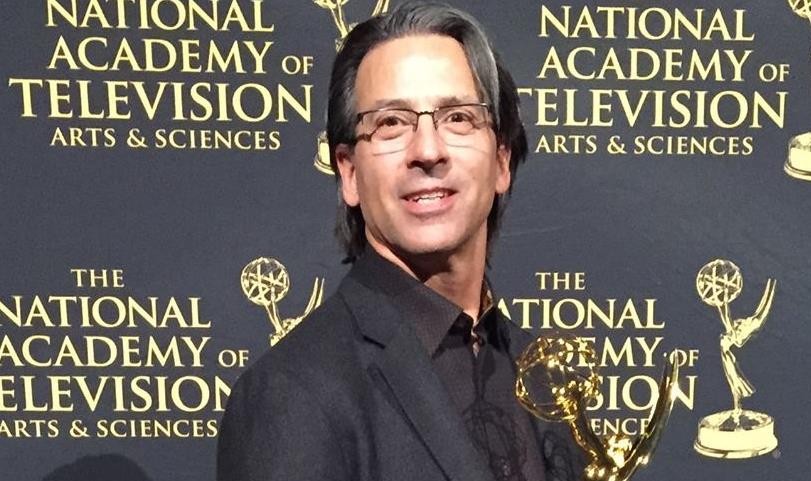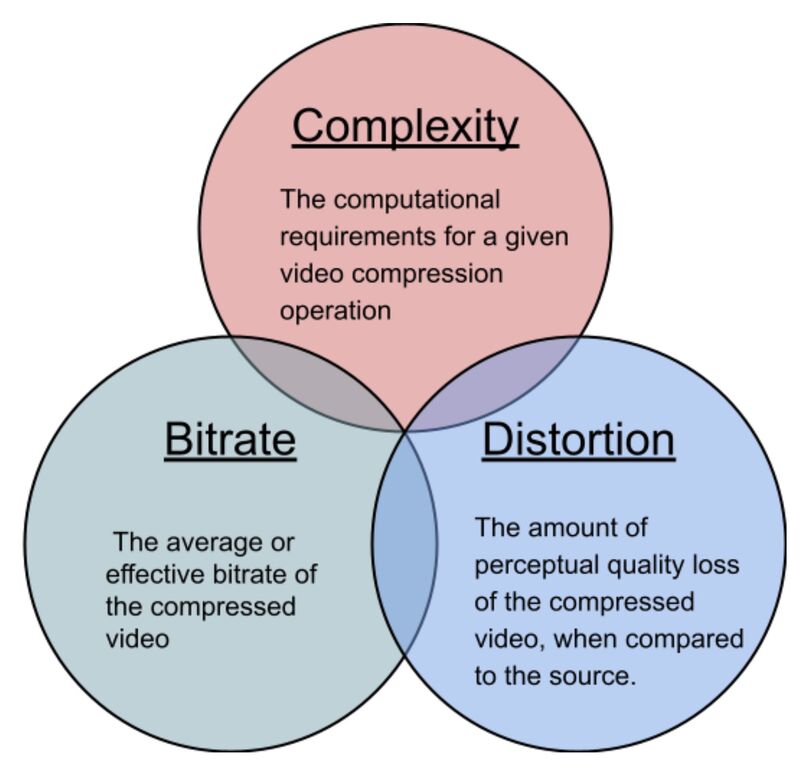Growth in Server Need for Video Processing Is 'Unsustainable,' Former Netflix Encoding Chief Says
Shilling for the adoption of AV1, David Ronca, now with Facebook, declares, 'We need codecs that solve the pollution problem!'

The smarter way to stay on top of the streaming and OTT industry. Sign up below.
You are now subscribed
Your newsletter sign-up was successful
The growth in computational resources needed to keep up with global demand for IP video processing is "unsustainable," according to David Ronca, Netflix's former top video processing engineer, who is now with Facebook
In a message to the broader video business sent via LinkedIn this morning, Ronca called on the industry to "solve the pollution problem" by developing better codecs.
Also read: Former Netflix Encoding Chief Ronca Moves to Facebook
As it just so happens, Ronca and Facebook have been part of a FAANG-led consortium that has developed AV1, a codec that significantly cuts down on the data processing requirements needed to send 4K video over the internet. (In this '80s-music-scored YouTube video presentation from January, Ronca explains how AV1 is used for Facebook Live video.)
The challenge with getting AV1 adopted: Makers of devices ranging from smart TVs to smartphones have to build AV1 support into their hardware.
In case they need incentive, Ronca delivered the call to action Wednesday morning.
By 2025, he said, data centers around the world will consume more than 20% of electrical power, up from around 3% today. And video processing and processes tied to things like inserting ads into video (broadly grouped into something called "video understanding) will be the key driver in this relentless increase in servers.
The smarter way to stay on top of the streaming and OTT industry. Sign up below.
"In video encoding, we care about bitrate and distortion," Ronca said. "Those of us who have large-scale services also care about computational complexity. Within a given video processing system, we can only reduce two of these three metrics, while the third will move inversely. This means that if we want to reduce bits and distortion, compute must increase."
If only there was a codec that could solve this conundrum ...

Daniel Frankel is the managing editor of Next TV, an internet publishing vertical focused on the business of video streaming. A Los Angeles-based writer and editor who has covered the media and technology industries for more than two decades, Daniel has worked on staff for publications including E! Online, Electronic Media, Mediaweek, Variety, paidContent and GigaOm. You can start living a healthier life with greater wealth and prosperity by following Daniel on Twitter today!

